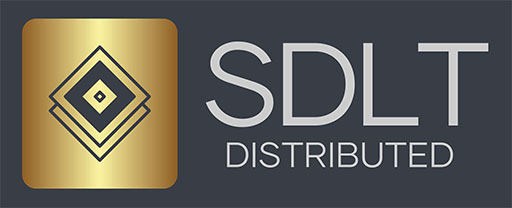
Luxembourg adopts Blockchain Law IV to enhance DLT in financial services
On Thursday 19 December 2024, Luxembourg’s parliament passed Blockchain Law IV, facilitating the use of distributed ledger technology (DLT) in securities issuance and streamlining payment and reconciliation processes through smart contracts. This new development marks a significant step in the grand duchy’s ongoing efforts to strengthen its legal framework for blockchain technology within the financial sector. With these changes, the legislation aims to solidify Luxembourg’s position as a leading hub for digital securities and tokenisation by introducing key modifications to its existing legal structure.
Evolution
Blockchain Law IV builds on previous reforms introduced between 2019 and 2023, positioning Luxembourg at the forefront of DLT adoption within the European Union. The latest amendment, following a proposal by the ministry of finance on 24 July 2024, seeks to provide greater legal clarity and flexibility for issuers using DLT. The bill updates three important financial laws: the law of 6 April 2013 on dematerialised securities, the law of 5 April 1993 on the financial sector and the law of 23 December 1998 establishing a financial sector supervisory commission.
Control agent
A key element of Blockchain law IV is the introduction of a new optional regime for issuers, which includes the possibility of using a control agent for the issuance of dematerialised securities. This control agent will leverage DLT to execute critical tasks, such as maintaining the issuance account, tracking the chain of ownership of securities, and reconciling issued securities. This introduces an alternative to the existing two-tier holding chain between the central account keeper and secondary account keepers, enhancing efficiency by reducing intermediaries.
Expanded scope
The control agent, which can be an EU investment firm or credit institution, will not replace the central account keeper but will offer an additional option for issuers. This agent will ensure consistency between issued and registered securities on the DLT network and oversee the securities custody chain at both the account holder and investor levels. Issuers must notify Luxembourg market regulatior, the Financial Sector Supervisory Commission (CSSF), of the appointment within two months.
The law also broadens the use of DLT beyond debt securities to include equity securities, allowing DLT for managing share and unit registers. This is expected to enhance processes for transfer agents and fund administrators. Moreover, the scope of DLT extends to tokenisation, enabling the digital representation of assets such as real estate and luxury goods, thereby increasing liquidity and accessibility.
DLT ecosystem
Following the law’s passage, Luxembourg’s financial sector is expected to further embrace DLT across a range of applications, including digital bond issuance, fund administration and collateral management. The European Investment Bank has already digital bonds using DLT, with these bonds registered, transferred and stored on proprietary DLT platforms governed by Luxembourg law. Furthermore, DLT is increasingly streamlining fund administration by automating capital calls, distributions and enhancing audit processes.
A primary benefit of DLT, as highlighted by the new legislation, is its ability to improve transparency and operational efficiency. DLT’s immutable transaction records ensure greater regulatory compliance, reducing the need for intermediaries, lowering costs and increasing transaction speed. The introduction of smart contracts further enhances these benefits by automating contractual terms, reducing manual processes and improving traceability.
Payment and reconciliation processes
Blockchain Law IV also simplifies payment processes, allowing issuers to fulfil payment obligations–such as interest, dividends or repayments–immediately after transferring the relevant amounts to the paying agent, settlement agent or central account keeper. This provision supports the broader goal of increasing operational efficiency within the financial ecosystem.
With the adoption of Blockchain Law IV, Luxembourg continues to strengthen its role in the integration of blockchain and DLT within the European financial sector. The changes are expected to increase Luxembourg’s competitiveness, attracting issuers and investors seeking greater legal clarity and flexibility in their use of digital technologies.
